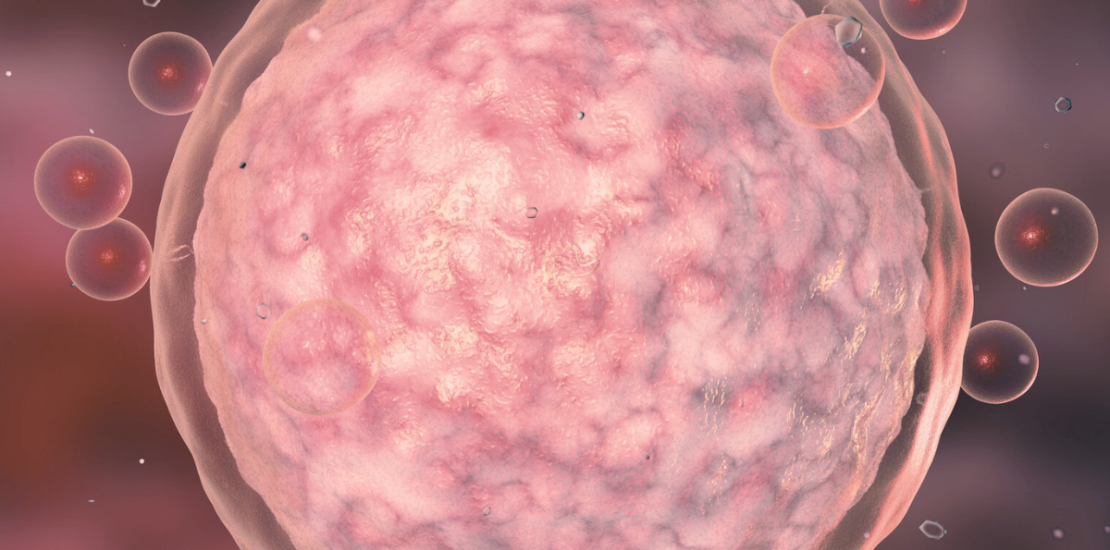- June 21, 2024
- Posted by: Colm Hurley
- Category: News

Assisted reproduction in Ireland is fast evolving with the long-awaited Health (Assisted Human Reproduction) Bill 2022 in its final stages of Dáil Éireann. As surrogacy and donor-assisted human reproduction (DAHR) continue to gain traction in Ireland, this article written by Karen Tobin, Partner, CKT and Sarah Biggin, Trainee Solicitor explores the issue of parentage of children born through DAHR.
The Children and Family Relationships Act 2015 introduces welcome changes to Irish law by placing donor-assisted human reproduction (DAHR) on a statutory footing for the first time. Under the Act, DAHR is defined as any procedure aimed at implanting an embryo in the womb of a woman, where one or both gametes are provided by a donor.
The Law
Prior to the 2015 Act, the determination of legal parentage in DAHR cases was at the discretion of the courts, leading to potential uncertainties for families. The legislation now makes provision that the gamete donor in a DAHR procedure has no legal parental responsibilities or rights to the child. Instead, the intending mother is recognised as the parent, and her spouse, civil partner, or cohabitant can be registered as a second parent.
Registration Process
For children conceived through DAHR after 4th May 2020, the DAHR clinic will provide the intending parents with a certificate detailing the procedure and consent of the intending parents. This certificate is only provided by Irish clinics that use traceable sperm donors. The certificate, alongside an application form, is then submitted to the General Register Office to obtain a birth certificate reflecting the legal parents.
For children conceived before 4th of May 2020, the birth must initially be registered as a non-DAHR birth and only the birth mother will be registered as the parent. After the birth has been registered, a Court Order (Declaration of Parentage) is required from the Court to enable the intending parent to be registered on the child’s birth certificate. Once this Declaration has been obtained, the parents can then apply for the birth to be re-registered as a DAHR birth, naming both the birth mother and intending parent as parents.
Declaration of Parentage – Requirements:
- An application for parentage can be made to the Court for a declaration by the mother of the child and/or the intending parent of the child
- Intending parents can include the spouse, civil partner or cohabitee of the mother
- The intending parent must be over 21
- The intending mother must consent to the DAHR procedure
- The intending parent must have received all relevant information from the facility
Conclusion
For many couples and individuals, assisted human reproduction (AHR) may be the only option to have a family. It is important that the matter of parentage of children born through AHR is legalised. The 2015 Act provides a simplified certification system for children born after May 2020, however for children born before May 2020, the registration of parentage process will require a court application.
As the 2022 Bill nears the final stages of approval in Dáil Éireann, we anticipate the positive changes it will bring to Irish society.
The Health (Assisted Human Reproduction) Bill 2022 can be accessed here.